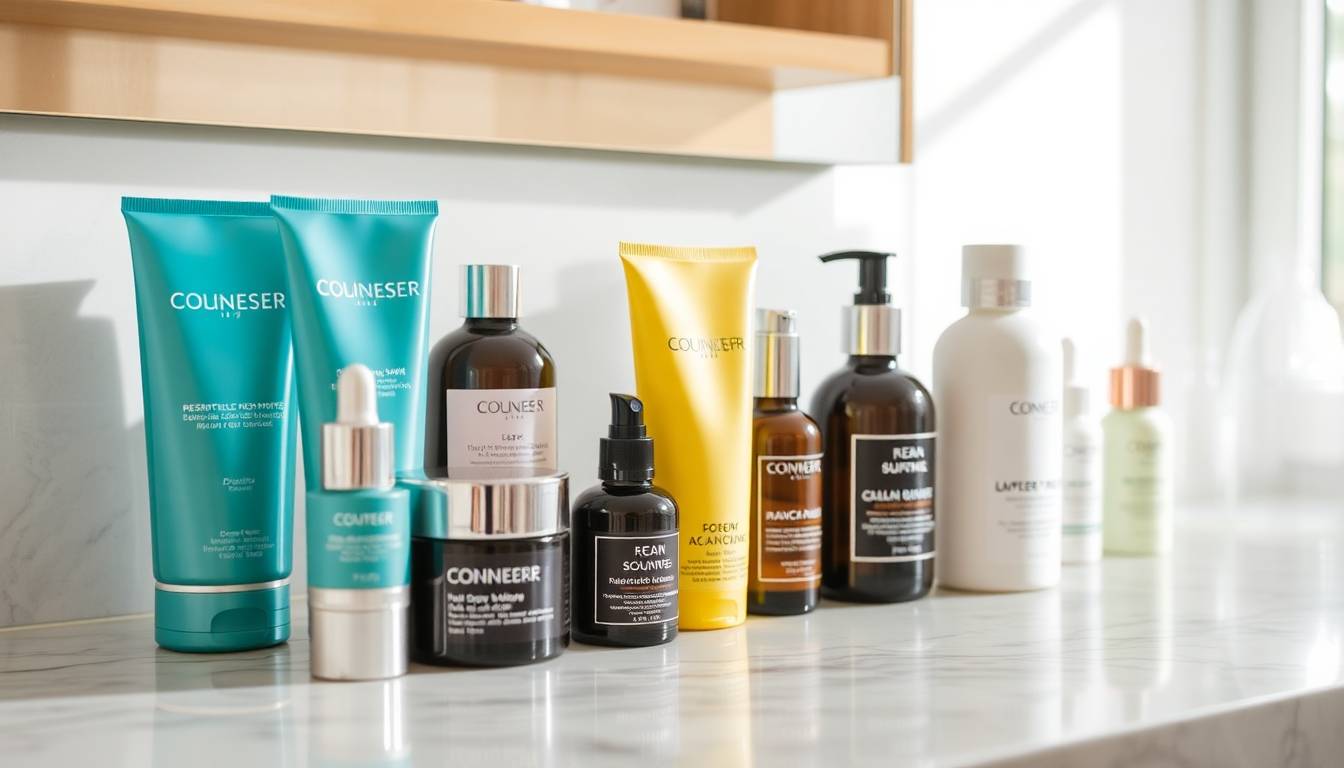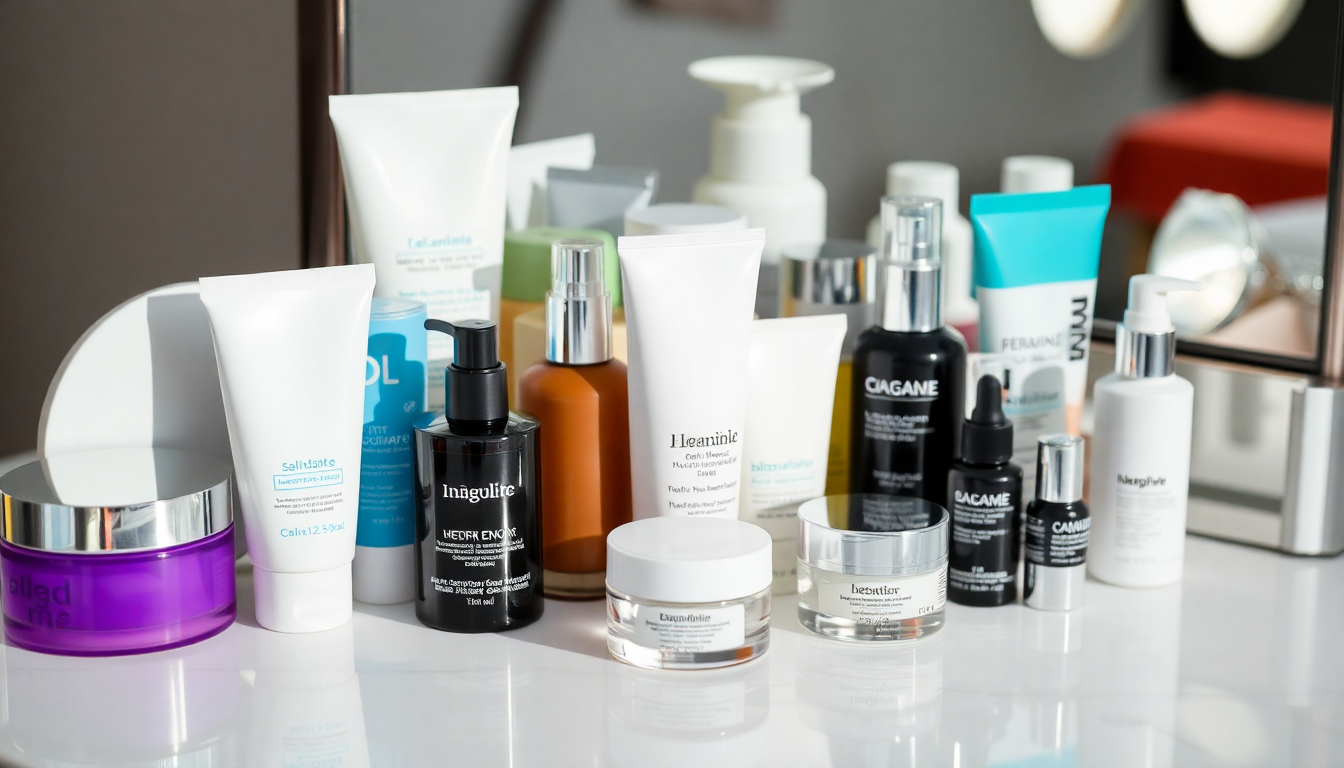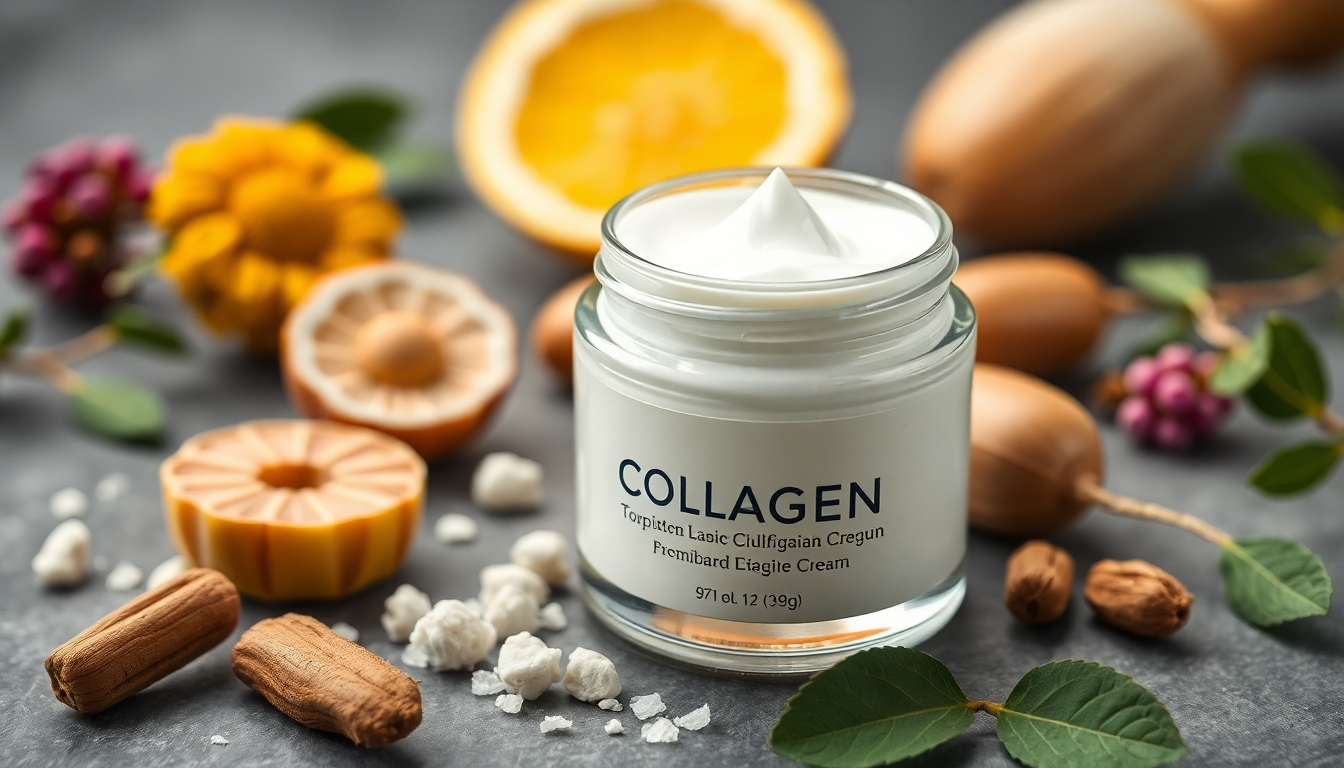Introduction
Maintaining healthy skin is essential for everyone, but specific considerations apply when it comes to black skin. With unique characteristics and needs, understanding how to care for your skin can help you achieve a radiant complexion. This comprehensive guide will delve into 10 essential tips to ensure your skin remains healthy and vibrant, along with advice on products and practices tailored to black skin.
1. Understand Your Skin Type
Before starting any skincare routine, it’s crucial to identify your skin type. Black skin can range from oily to dry and everything in between. Factors such as genetics, environment, and lifestyle can influence your skin type. Here’s how to identify your skin type:
- Oily Skin: Shiny appearance, enlarged pores, and prone to acne.
- Dry Skin: Flaky, rough texture, and may feel tight or itchy.
- Combination Skin: A mix of oily and dry areas, often with an oily T-zone.
- Sensitive Skin: Easily irritated, may react to products with redness or breakouts.
Knowing your skin type helps in choosing the right products that cater specifically to your needs.
2. Hydrate Your Skin
Keeping your skin hydrated is vital for maintaining its elasticity and preventing dryness. Black skin is often prone to dryness due to its unique structure. Here are some tips for hydration:
- Use a good moisturizer that suits your skin type. Look for ingredients like hyaluronic acid, glycerin, and shea butter.
- Consider using a hydrating serum before your moisturizer for an extra boost.
- Apply moisturizer on damp skin to lock in moisture more effectively.
3. Use Sunscreen Daily
Many people with darker skin tones believe that sunscreen is unnecessary due to the natural melanin protection. However, protecting your skin from harmful UV rays is essential to prevent skin damage, hyperpigmentation, and premature aging. Here’s how to incorporate sunscreen into your routine:
- Choose a broad-spectrum sunscreen with at least SPF 30.
- Apply it generously on all exposed skin, including the face, neck, and ears.
- Reapply every two hours, especially if you are outdoors or sweating.
4. Exfoliate Regularly
Exfoliating helps remove dead skin cells and promotes cell turnover, which is particularly important for black skin, as it can be prone to a buildup of dead skin leading to dullness. However, it’s essential to be gentle:
- Use gentle exfoliants, such as those containing lactic acid or glycolic acid.
- Avoid harsh scrubs that can cause micro-tears and irritation.
- Exfoliate 1-2 times a week, depending on your skin’s tolerance.
5. Incorporate Antioxidants
Antioxidants help combat free radicals that can damage your skin and contribute to aging. Incorporating antioxidant-rich products can enhance your skincare routine. Consider these tips:
- Look for serums or creams with Vitamin C, which brightens the skin and evens out skin tone.
- Vitamin E and green tea extract are great options for added protection.
- Incorporate antioxidant-rich foods into your diet, such as berries, nuts, and leafy greens.
6. Stay Hydrated Internally
Drinking enough water is crucial for healthy skin. Hydration helps maintain skin elasticity and prevents dryness. Here are some tips on staying hydrated:
- Aim for at least eight glasses of water a day, adjusting based on your activity level.
- Incorporate hydrating foods like cucumbers, oranges, and watermelon into your diet.
- Limit dehydrating beverages like caffeine and alcohol.
7. Avoid Harsh Products
Steer clear of products with alcohol, sulfates, and other harsh chemicals that can strip your skin of its natural oils and lead to irritation. Here’s how to choose the right products:
- Read ingredient labels carefully and opt for products labeled as alcohol-free.
- Choose gentle cleansers that do not disrupt the skin barrier.
- Be cautious with exfoliants; always opt for those formulated for your skin type.
8. Maintain a Balanced Diet
Your skin reflects your overall health. Incorporate foods rich in omega-3 fatty acids, vitamins, and minerals to nourish your skin from the inside out. Here are some dietary recommendations:
- Omega-3 Fatty Acids: Found in fish, walnuts, and flaxseeds, they help maintain skin hydration.
- Vitamins: Incorporate fruits and vegetables rich in vitamins A, C, and E for skin repair and protection.
- Antioxidant-Rich Foods: Dark chocolate, berries, and green leafy vegetables can enhance your skin's health.
9. Manage Stress Levels
High-stress levels can lead to skin issues like acne and eczema. Managing stress is essential for maintaining healthy skin. Consider these strategies:
- Practice stress management techniques such as meditation, deep breathing exercises, or yoga.
- Engage in regular physical activity to boost endorphins and reduce stress.
- Ensure you get enough sleep, as lack of sleep can lead to increased stress and skin issues.
10. Consult a Dermatologist
If you have specific skin concerns or conditions, consulting a dermatologist can provide tailored advice and treatments that suit your unique skin needs. Here’s why this step is important:
- A dermatologist can help diagnose conditions like hyperpigmentation, acne, or eczema.
- They can recommend suitable treatments and products based on your skin type and concerns.
- Regular check-ups can help catch any skin issues early, ensuring effective treatment.
Conclusion
Taking care of black skin requires a thoughtful approach that considers its unique characteristics. By following these essential tips, you can maintain healthy, glowing skin that looks and feels great. Remember, consistency is key in any skincare routine! Embrace these practices, and you’ll not only enhance your skin's health but also boost your confidence, allowing you to shine from the inside out.




Zostaw komentarz
Wszystkie komentarze są moderowane przed opublikowaniem.
Ta strona jest chroniona przez hCaptcha i obowiązują na niej Polityka prywatności i Warunki korzystania z usługi serwisu hCaptcha.